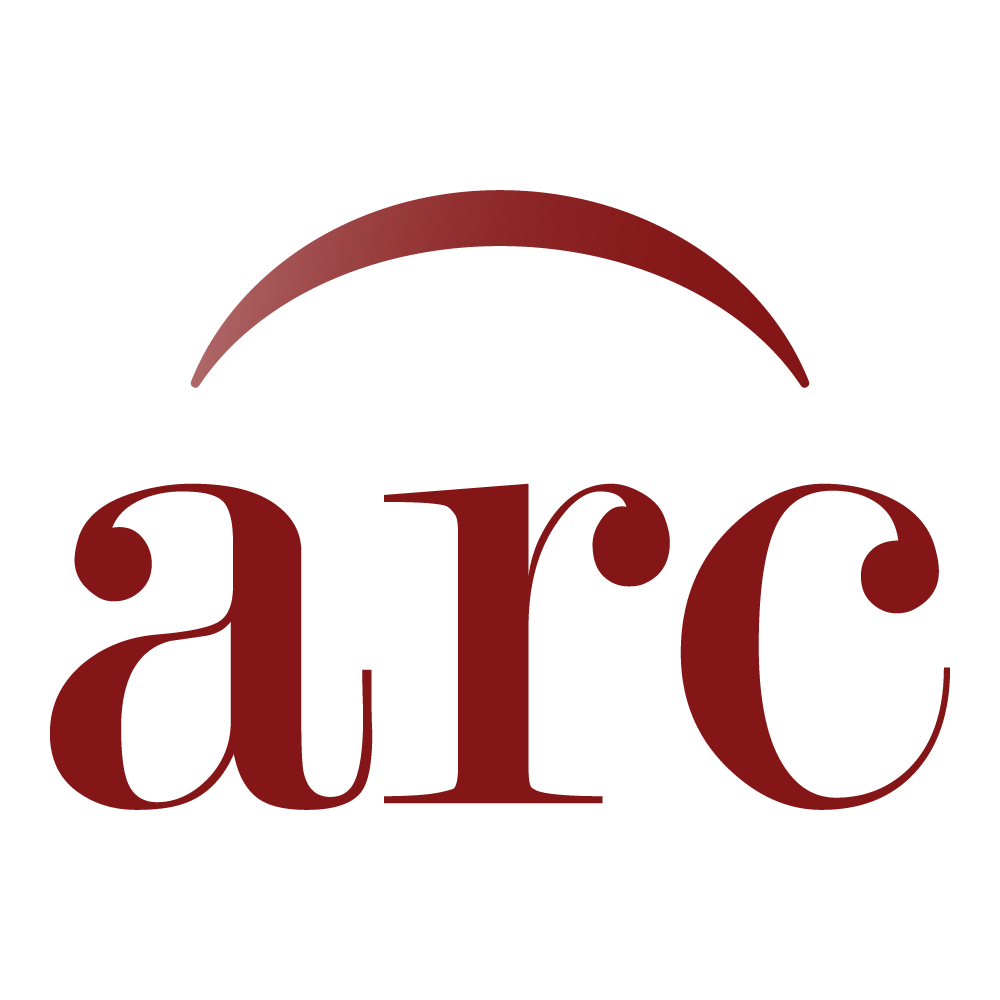Steed, Thomas Jefferson, U.S. House of Representatives from Oklahoma's 4th district (1949-1981), 1904-1983
Person
Biographical:
Thomas Jefferson Steed was born near Rising Star, Texas, on March 2, 1904. At the age of four, he and his family moved to a farm near Konawa in what would later become the state of Oklahoma. Steed's formal education ended after his first semester of high school. He then began a twenty-year career in the newspaper business and worked on papers in Konawa, Ada, McAlester, Bartlesville, Oklahoma City, and Shawnee. During the late 1930s, he served as secretary to three Oklahoma congressmen--Percy L. Gassaway, R. P. Hill, and Gomer Smith. Steed enlisted as a private in anti-aircraft artillery during World War II and was released from active duty in May 1944 with the rank of second lieutenant. He served in the Office of War Information Division's Office for the India-Burma War Theater at Bombay, India, until December 1945. Steed was elected as a Democrat from Oklahoma's Fourth District in 1948 and to the fifteen succeeding congresses. During his thirty-two years in Congress, he served on the Appropriations, Small Business, Public Works, and Education Committees as well as the Transportation Subcommittee and the Subcommittee on Military Construction. His most powerful legislative position was that of chair of the Appropriations Subcommittee on the Treasury and Post Office. In 1976, he was elected as chair of the House Small Business Committee, thus becoming the first Oklahoman to hold a full committee chairmanship in the House since the Congressional Reorganization Act of 1946. He served as a member of the Federal Paperwork Commission and worked to achieve passage of the Paperwork Reduction Act. Some of his more notable legislative accomplishments included helping to create the nation's vast Interstate Highway System, the federal impact aid to schools programs, the Library Services Act of 1956, and the Small Watersheds Act. He worked to protect the interests of the military installations (Tinker Air Force Base, Fort Sill, and Altus Air Force Base) in his district. He also secured funding for the Kerr-McClellan Navigation System, which made Tulsa a seaport. With Senator Robert S. Kerr, he sponsored the legislation creating Lake Thunderbird, which brought needed water to Norman, Midwest City, and Del City. Steed was instrumental in the establishment of the Southern Great Plains Experiment Station at Chickasha, the Postal Service Institute at the University of Oklahoma, the Gordon Cooper Vocational School at Shawnee, and additional research and educational centers in his district. Other legislative interests included soil conservation, rural electrification, and water projects. Steed was not a candidate for reelection in 1980. He retired from Congress on January 3, 1981, to Shawnee, Oklahoma, where he resided until his death on June 8, 1983.
Found in 1 Collection or Record:
Thomas Jefferson "Tom" Steed Collection
Collection
Identifier: CAC-CC-048
Scope and Contents
The Steed Collection is approximately 413 linear feet plus oversize material. The majority of the documents date from 1948-1980, though there are some materials from earlier. The collection resembles more typical congressional collections with materials including correspondence, legislation, reports, clippings, publications, memos, schedules, and invitations. Because of the time period during which Steed served a variety of topics on the local, state, and national level are addressed in the...
